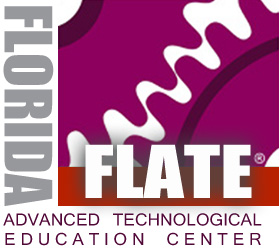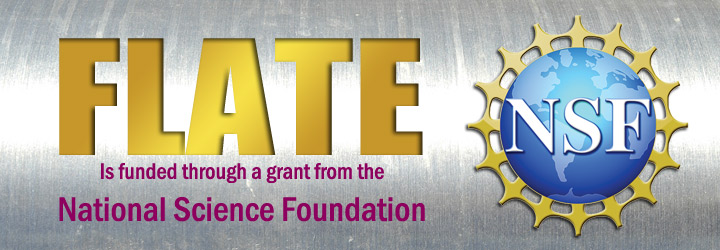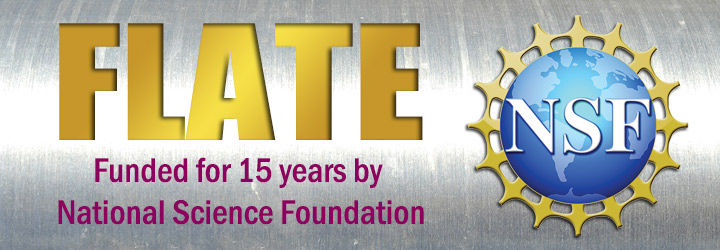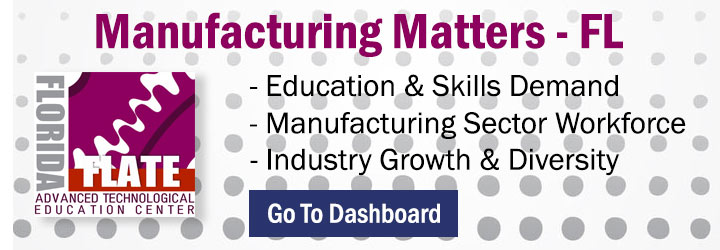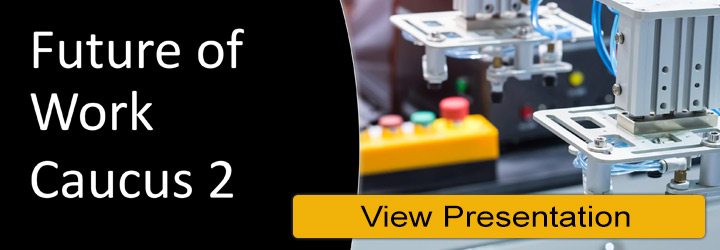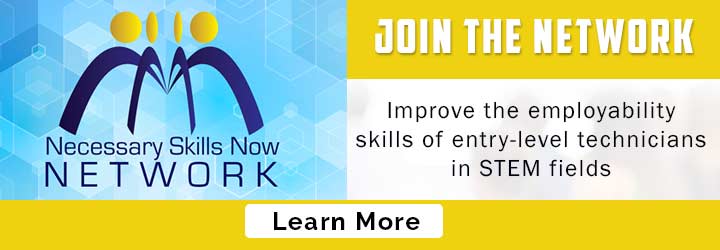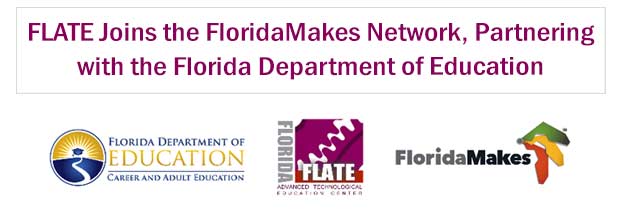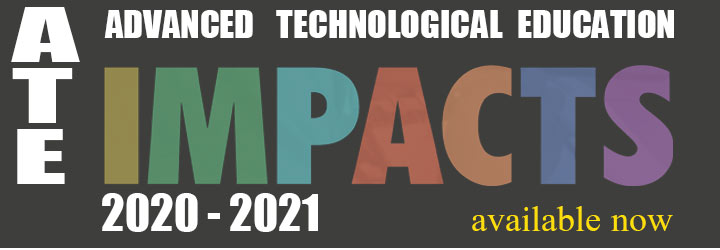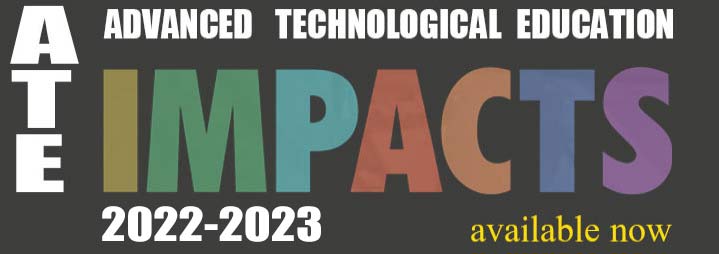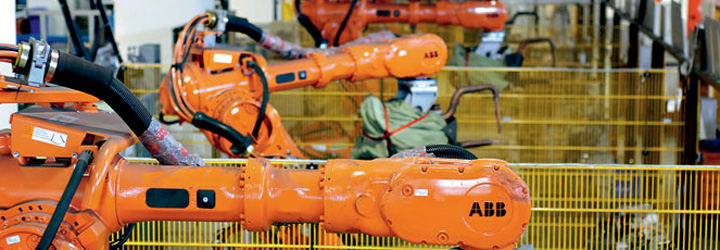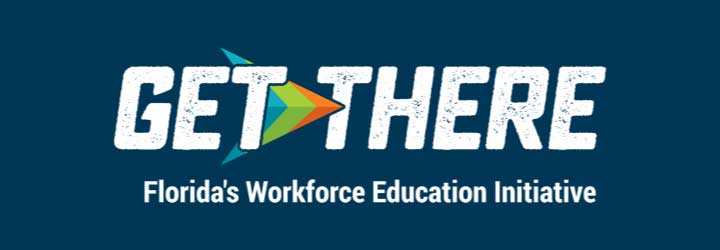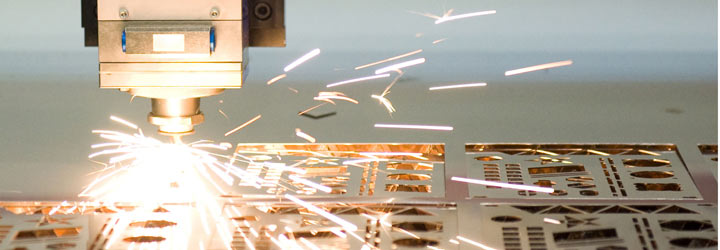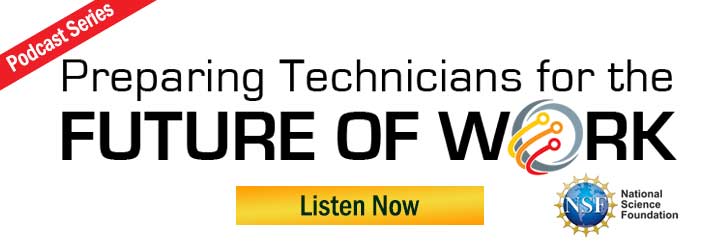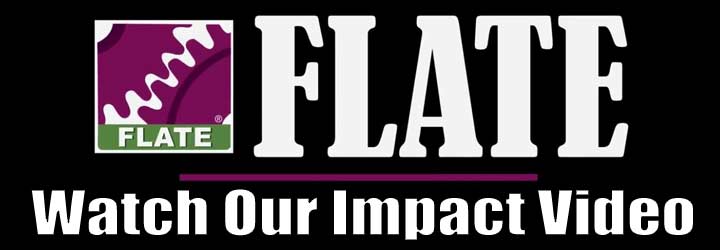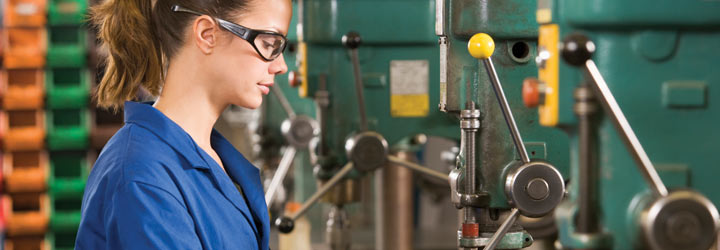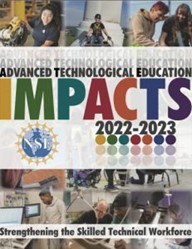The CASS Program at HCC: Shaping the Future of students from Latin America and the Caribbean
The Cooperative Association of States for Scholarships (CASS) program at Hillsborough Community College has been an effective vehicle in reaching out to gifted young adults from socio-economically challenged countries. The program is part of a federally funded initiative, and represents a joint effort between the United States Agency for International Development, Georgetown University’s Center for Intercultural Education in Washington, D.C., and several educational institutions across the country.
Mery Young, CASS project manager at HCC-Brandon says the program has played a defining role in “training international students in the United States to become effective leaders, and agents of change for development 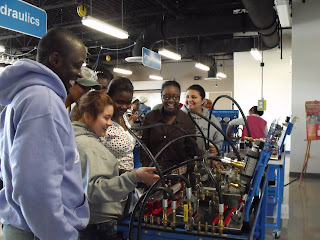 of their economy/community.” Besides giving them an opportunity to sharpen interpersonal, technical, professional, and leadership skills, the program has given CASS participants an opportunity to learn English, an extensive training in their chosen field of study, as well as experience participating in miscellaneous community, education and cultural programs.
of their economy/community.” Besides giving them an opportunity to sharpen interpersonal, technical, professional, and leadership skills, the program has given CASS participants an opportunity to learn English, an extensive training in their chosen field of study, as well as experience participating in miscellaneous community, education and cultural programs.
Since the establishment of the program in 2001, the program has played a pivotal role in shaping the future of students from a number of countries like the Dominican Republic, El Salvador, Guatemala, Haiti, Honduras, and Nicaragua. In 2008, HCC welcomed its newest batch of CASS scholars. This two-year program has also given students an opportunity to earn an internationally recognized, college credit certificate in Manufacturing Engineering Technology.
Ruth Navia and Sonia Matamors are among the group of 20 CASS students who are currently enrolled in the two-year engineering technology program developed by FLATE and offered at HCC-Brandon. To qualify for the program both Ruth and Sonia had to undergo a competitive process—a process which nevertheless, has given both students an opportunity to experience people from different cultures, and enlarge their network of acquaintances.
Ruth points to the CASS program as a key enabler in facilitating an opportunity to attend college. On a similar token, Sonia points to the scholarship as a vehicle to help her country in the long run. Besides their cultural experiences, both Ruth and Sonia are animated about their coursework. They state their curiosity to know “how stuff works” combined with their interest “to build things” is what endears them to manufacturing. Sonia is particularly interested in quality control. She “likes to check if all the processes are working, and if everything has been installed correctly.”
Given the interest of most students, classes are very hands-on, have a broad scope, and are geared to prepare them for entry-level careers in engineering technology. Students are introduced to a wide array of concepts that are highly applicable in today’s high-tech manufacturing environment. Ruth states the classes serve as a base for starting out in any career. “For example the hydraulics and pneumatics teach you how a machine works. Production and inventory control teaches you how to produce high quality products.” She points to lean and six sigma as the keys to the success of any organization. “They are the roots of any company, and can help identify any problem spots in the production process.”
are geared to prepare them for entry-level careers in engineering technology. Students are introduced to a wide array of concepts that are highly applicable in today’s high-tech manufacturing environment. Ruth states the classes serve as a base for starting out in any career. “For example the hydraulics and pneumatics teach you how a machine works. Production and inventory control teaches you how to produce high quality products.” She points to lean and six sigma as the keys to the success of any organization. “They are the roots of any company, and can help identify any problem spots in the production process.”
As part of an effort to enrich their practical and theoretical knowledge, the final component of the CASS program requires students to participate in internships. Students are expected to complete a one-month internship at a local company in the greater Tampa bay area. Sonia says she would like to work for a textile manufacturer. Ruth on the other hand wants to work for a food production company like Pepsi or Coca Cola. She adds “I don’t want to make coffee over there. I want to work the machines and apply the skills that I have gained throughout the semester.”
For more information about the CASS program at HCC, contact CASS Project Manager Mery Young at 813.259.6594. For information on FLATE’s Engineering Technology degree visit www.madeinflorida.org/ET_Degree, or contact Dr. Marilyn Barger at barger@fl-ate.org
